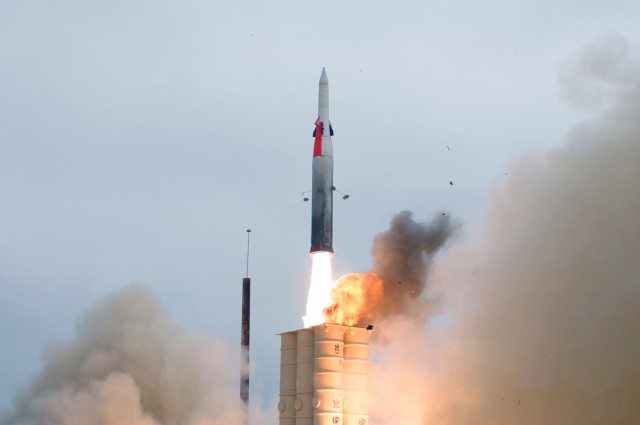A video of the accomplishments of Israel’s recently-retired military chief hints at Israel’s unacknowledged role in attacks on the Iranian and Syrian nuclear programs, according to an Israeli daily.
The video, shown on Monday at a farewell ceremony for outgoing chief of staff Gabi Ashkenazi, showed scenes from the bombing of a suspected nuclear reactor in Syria in 2007, and of the damage caused by the Stuxnet computer worm which ravaged Iran’s nuclear program, the Haaretz newspaper said.
The article was only published in Hebrew and did not appear in the paper’s English language version.
Both of these events occurred during Ashkenazi’s four-year tenure as military chief, but Israel has never admitted involvement in either event.
The clip also showed news footage asking if Israel could have been involved in the two attacks, Haaretz said.
A military spokeswoman said the army “did not intend to elaborate,” on the report.
While Israel has declined to comment on the 2007 attack, WikiLeaks documents indicate that the Israeli air force bombed a Syrian nuclear reactor just weeks before it went online.
“On September 6, 2007, Israel destroyed the nuclear reactor built by Syria secretly, apparently with North Korea’s help,” then US secretary of state Condoleezza Rice wrote in a cable dated April 2008.
“We have good reason to believe that the reactor was not built for peaceful purposes,” she wrote.
Former US president George W. Bush recounted in his memoirs that he resisted Israeli pressure to bomb the site.
The second element of the video referred to the destructive Stuxnet worm which apparently shut down a fifth of Iran’s nuclear centrifuges in November and helped delay its ability to make its first nuclear weapons.
There has been widespread speculation Israel was behind it and Tehran has also blamed Washington and the Jewish state for the killing of two nuclear scientists in November and January.
Recently, the New York Times, quoting military and intelligence experts, said Israel had tested the effectiveness of the worm at the heavily-guarded Dimona complex in the southern Negev desert which houses the Middle East’s sole, albeit undeclared nuclear weapons program.
Israel has backed US-led efforts to prevent Iran from developing a nuclear weapons capability through sanctions, but has also refused to rule out military force.










